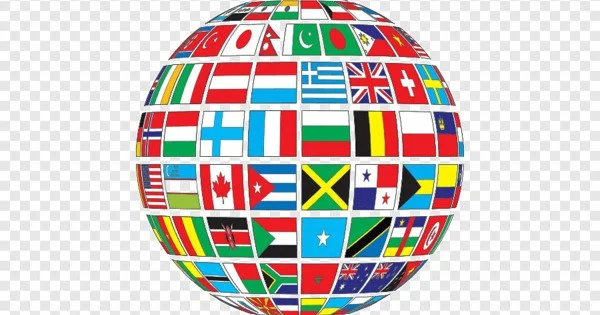Globalization refers to the acceleration of global movements and exchanges (of people, goods and services, capital, technologies, and cultural practices). One of the consequences of globalization is that it encourages and expands interactions between different regions and populations around the world. Cultural globalization is defined as the process by which the values, ideas, and experiences of a specific culture are transmitted and disseminated throughout the world. Cultural globalization has a significant impact on international relations as well as interactions between different cultures within the same country.
The transmission of ideas, meanings, and values around the world in order to extend and intensify social relations is referred to as cultural globalization. This process is characterized by widespread consumption of cultures disseminated by the Internet, popular culture media, and international travel. This has added to the processes of commodity exchange and colonization, both of which have a long history of transporting cultural meaning around the world.
It specifically refers to the idea that there is now a global and common monoculture – transmitted and reinforced by the internet, popular entertainment, transnational marketing of specific brands, and international tourism – that transcends local cultural traditions and lifestyles, and shapes people’s perceptions, aspirations, tastes, and everyday activities wherever they may live in the world.
Globalization is defined in geography as the set of processes (economic, social, cultural, technological, and institutional) that contribute to the relationship between societies and individuals around the world. It is a gradual process that intensifies exchanges and flows between different parts of the world.
Individuals can participate in extended social relationships that cross national and regional borders as a result of cultural exchange. The formation and expansion of such social relations is not only observed on a material level. Cultural globalization entails the formation of shared norms and knowledge with which people associate their individual and collective cultural identities. It increases the interconnectedness of various populations and cultures.
The concept of cultural globalization emerged in the late 1980s, but it was widely disseminated by Western academics throughout the 1990s and early 2000s. According to some researchers, the concept of cultural globalization arose in response to claims made by critics of cultural imperialism in the 1970s and 1980s.
The world becomes more cosmopolitan as a result of cultural globalization, and cultures and societies begin to experience a broader and more free exchange of ideas and values. Some argue that the cultural globalization of major cultures will result in the formation of a dominant culture that will dominate the entire world. This is how “global culture” is defined. However, there are significant negative effects on native cultures as a result of cultural globalization, which can often lead to the weakening of local cultures. Furthermore, cultural globalization can influence stereotypes and prejudices against members of a specific culture.
















